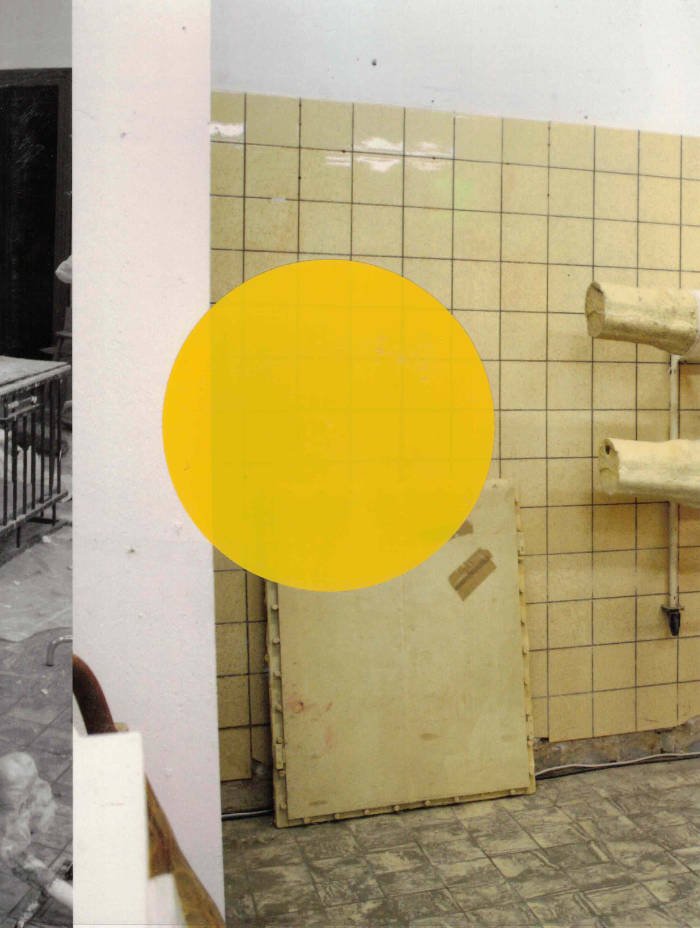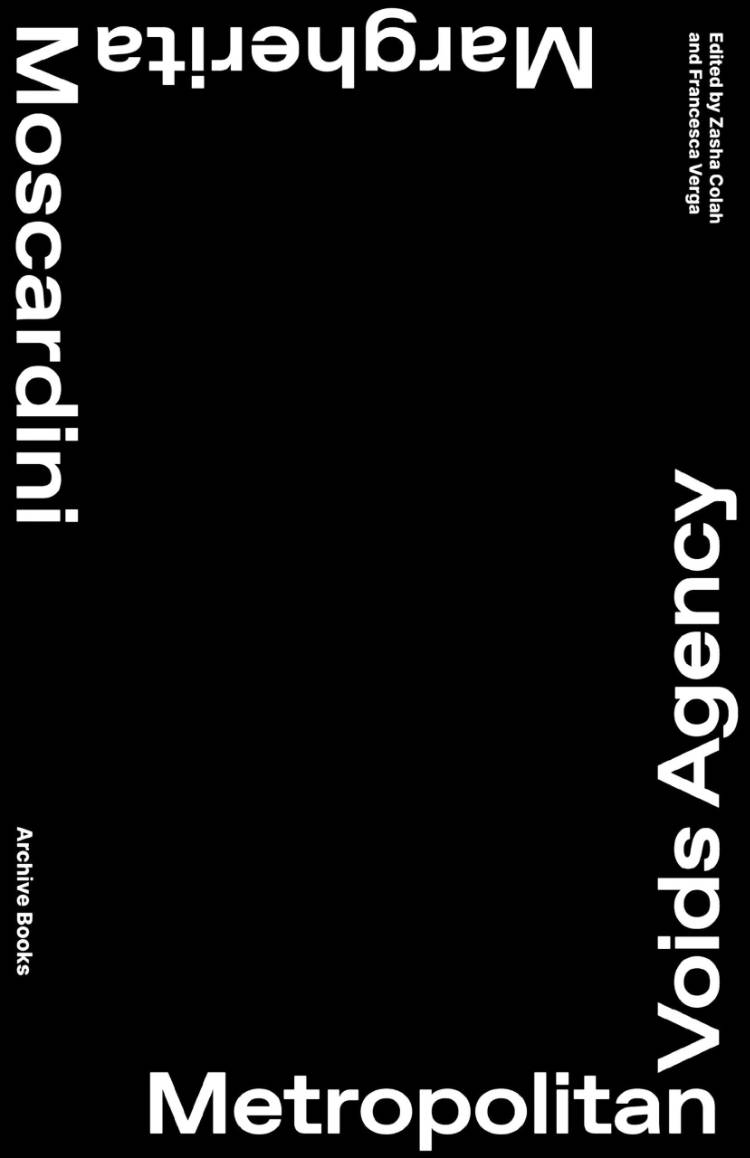
The Whisper
The Whisper is Félicia Atkinson's new artist's book, bringing together photographs, drawings and poems. They revolve around the eponymous installation located on the pointe d'Agon, on the west coast in Normandy. On a dune acquired by the artist for the Conservatoire du Littoral, stands a pierced wooden sculpture. Around this sculpture, inside this wild dune and facing the sea, the walker is invited to become a whisperer, and listen to what surrounds him.
What if whispering could be a metaphor for a way of creating and living within biodiversity? Observing and listening, being present to the world while only leaving gentle trace? The studio then becomes a garden, the exhibition space a dune, deep listening a method of working and exchanging with the public and the reader.
Experimental musician, sound and visual artist Félicia Atkinson (born 1981) lives on the wild coast of Normandy (France). She has played music since the early 2000s. She has released many records and a novel on Shelter Press, the label and publisher she co-runs with Bartolomé Sanson.
For Félicia Atkinson, human voices inhabit an ecology alongside and within many other things that don't speak, in the conventional sense: landscapes, images, books, memories, ideas. The French electro-acoustic composer and visual artist makes music that animates these other possible voices in conversation with her own, collaging field recording, MIDI instrumentation, and snippets of essayistic language in both French and English. Her own voice, always shifting to make space, might whisper from the corner or assume another character's tone. Atkinson uses composing as a way to process imaginative and creative life, frequently engaging with the work of visual artists, filmmakers, and novelists. Her layered compositions tell stories that alternately stretch and fold time and place, stories in which she is the narrator but not the protagonist.





